“If you must kill me, then do it. But I’m telling you right now: you won’t silence me.” With these defiant words, spoken in a 37-minute live video on July 21, 2022, Colombian journalist Rafael Moreno defied his critics and predicted his own demise.
In the video, Moreno exposed artificially inflated contracts, unfinished public works projects, and companies profiting from widespread corruption and embezzlement.
Three weeks before posting the video, Moreno found an anonymous note on his motorcycle, accompanied by a bullet. Months later, on October 16, 2022, just after 7 pm, Moreno was closing his bar and grill when a man wearing a baseball cap entered the restaurant. The man pulled out a revolver and shot Moreno three times, killing him instantly. The assassin is still at large.
Days before his assassination, Moreno had been in contact with Forbidden Stories to join the SafeBox Network, which allows threatened journalists to upload and protect sensitive information. On October 7, 2022, Moreno began sharing elements of his final investigation with the SafeBox Network team.
Through ground reporting, Moreno discovered that numerous trucks were illegally extracting sand from a river near a national park in Cordoba for use in public construction projects. In late September 2022, Moreno filmed himself at a plot of land belonging to Carmen Aguas, the wife of Gabriel Calle, a powerful figure in the Cordoba area.
Gabriel Calle Demoya denied any involvement in the sand extraction in a statement to the consortium.
While the Calle family was the focus of Moreno’s final investigation, his main target was another politician – Espedito Duque, who ironically was his mentor. Duque was elected in 2015, and Moreno eventually became a journalist to investigate the administration’s excesses. Moreno’s work was facilitated by the lax regulatory climate following the 2016 Peace Accords, which made public funds easily accessible in conflict-affected areas.
Moreno published his investigations on his Facebook page, leading to threats from local armed groups. In his email inbox, the SafeBox Network found a formal complaint Moreno had filed against Duque and his associates for corruption and embezzlement of public funds.
As part of the Rafael Project, investigative news outlet Cuestión Pública and the CLIP consortium continued Moreno’s work. Their analysis showed that the Duque and Soto administrations signed contracts worth a combined $3 million with businesspeople close to the Duque “clan”. The majority of these contracts were awarded to companies owned by Martín Montiel Mendoza, who is close to Espedito Duque.
Cuestión Pública and CLIP also found discrepancies in the contracts awarded to Agualcas, a company responsible for treating wastewater in Puerto Libertador. The company, under the influence of the Duque “clan,” received numerous public contracts.
The investigation also identified a presumed associate of the Gulf Clan among Duque’s entourage. Despite these findings, Duque is allegedly considering running for election in Puerto Libertador. Gabriel Calle Aguas, the son of the Calle “clan” Moreno had investigated, remains a candidate for the regional governorship in the upcoming elections.
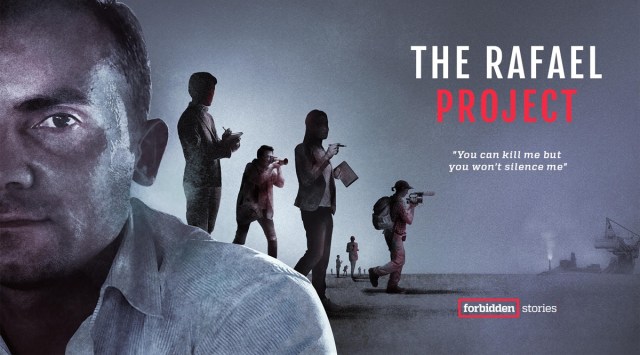
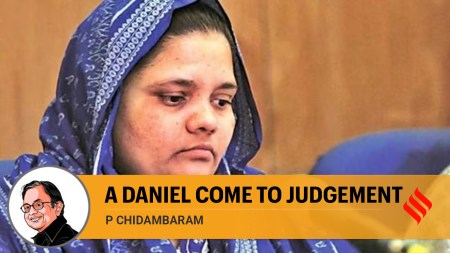
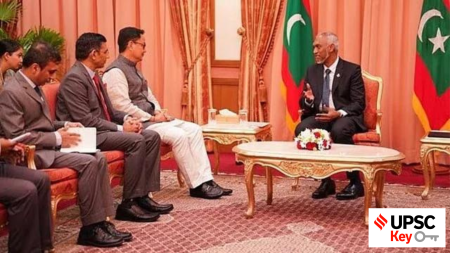
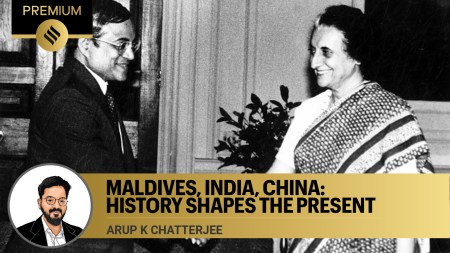





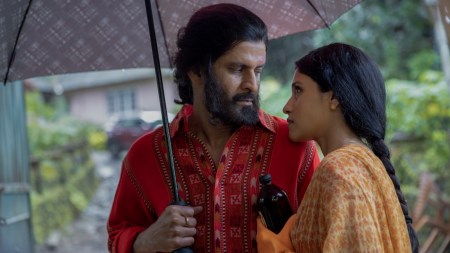
























+ There are no comments
Add yours